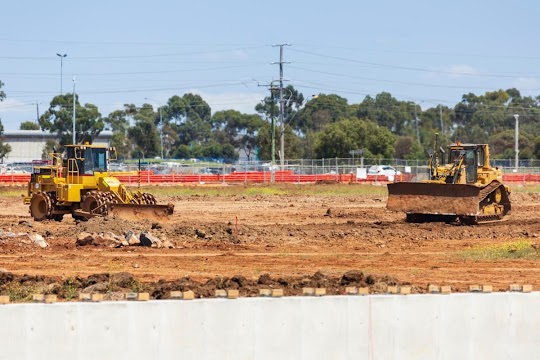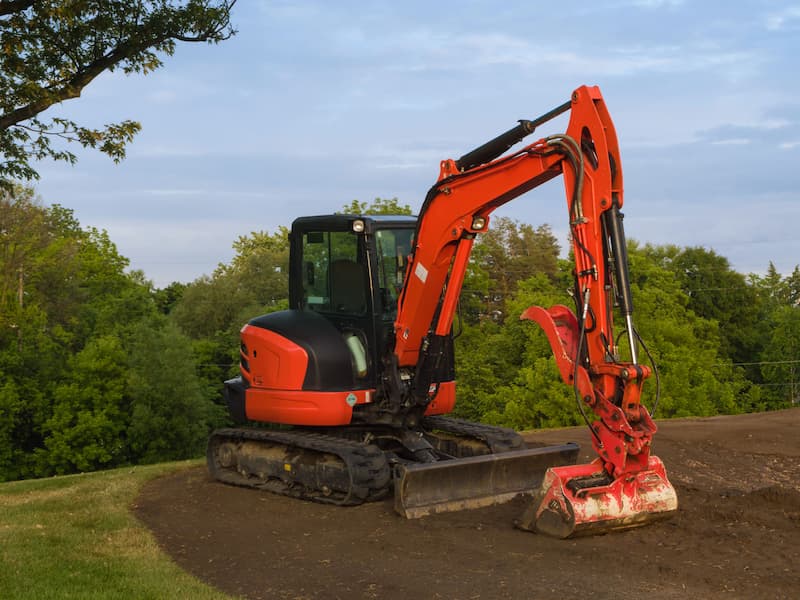Whether you’re navigating a business sale, securing financing, or managing asset inventories, understanding the role and importance of equipment appraisers is crucial. This guide will delve into the world of equipment appraisal, shedding light on the appraisal process, types of appraisals, and the professional standards and accreditations that underpin the industry.
Understanding Equipment Appraisers
Equipment appraisers are professionals who assess the value of physical assets, ranging from manufacturing machinery to office technology. Their expertise is vital in various scenarios, such as during mergers and acquisitions, for tax assessments, or in insurance disputes. An appraiser’s valuation provides a foundation for informed decision-making, ensuring parties involved can agree upon the worth of tangible assets based on an impartial and authoritative assessment.
The Appraisal Process
The appraisal process involves several key steps to ensure accuracy and reliability:
- Initial Consultation: The appraiser discusses the scope of work, including the types of equipment to be appraised and the purpose of the appraisal.
- Inspection: The appraiser conducts a thorough examination of the equipment, noting its condition, model, age, and any other relevant characteristics.
- Research: This involves gathering data on market trends, sales of comparable equipment, and any industry-specific information that might affect value.
- Analysis: The appraiser analyzes the collected data to determine the equipment’s value. This may involve different approaches, such as considering the item’s replacement cost, its depreciated value, or its market value.
- Report Generation: The final appraisal report details the appraiser’s findings and conclusions, providing a comprehensive and defensible valuation.
Types of Equipment Appraisals
Understanding the different types of equipment appraisals is crucial for selecting the right one for your needs:
- Fair Market Value Appraisals assess what the equipment would sell for in an open and competitive market.
- Orderly Liquidation Value Appraisals estimate the expected sale price in a situation where the assets must be sold within a limited time frame.
- Forced Liquidation Value Appraisals consider the value of equipment that must be sold as quickly as possible, typically resulting in a lower valuation.
- Desktop Appraisals are done without a physical inspection, based solely on the client’s provided information, suitable for situations where a quick, less detailed valuation is acceptable.
Professional Standards and Accreditations
The integrity of equipment appraisals hinges on the adherence to professional standards and the expertise certified through accreditations. The Uniform Standards of Professional Appraisal Practice (USPAP) provide guidelines ensuring ethical and high-quality appraisals. Additionally, organizations like the American Society of Appraisers (ASA) and the Equipment Appraisers Association of North America (EAANA) offer certifications and training programs. These credentials are a testament to an appraiser’s competence and commitment to upholding industry standards.
Choosing an appraiser with the right accreditations ensures that the appraisal process is conducted professionally and that the resulting valuation is both accurate and reliable.



Leave a Reply